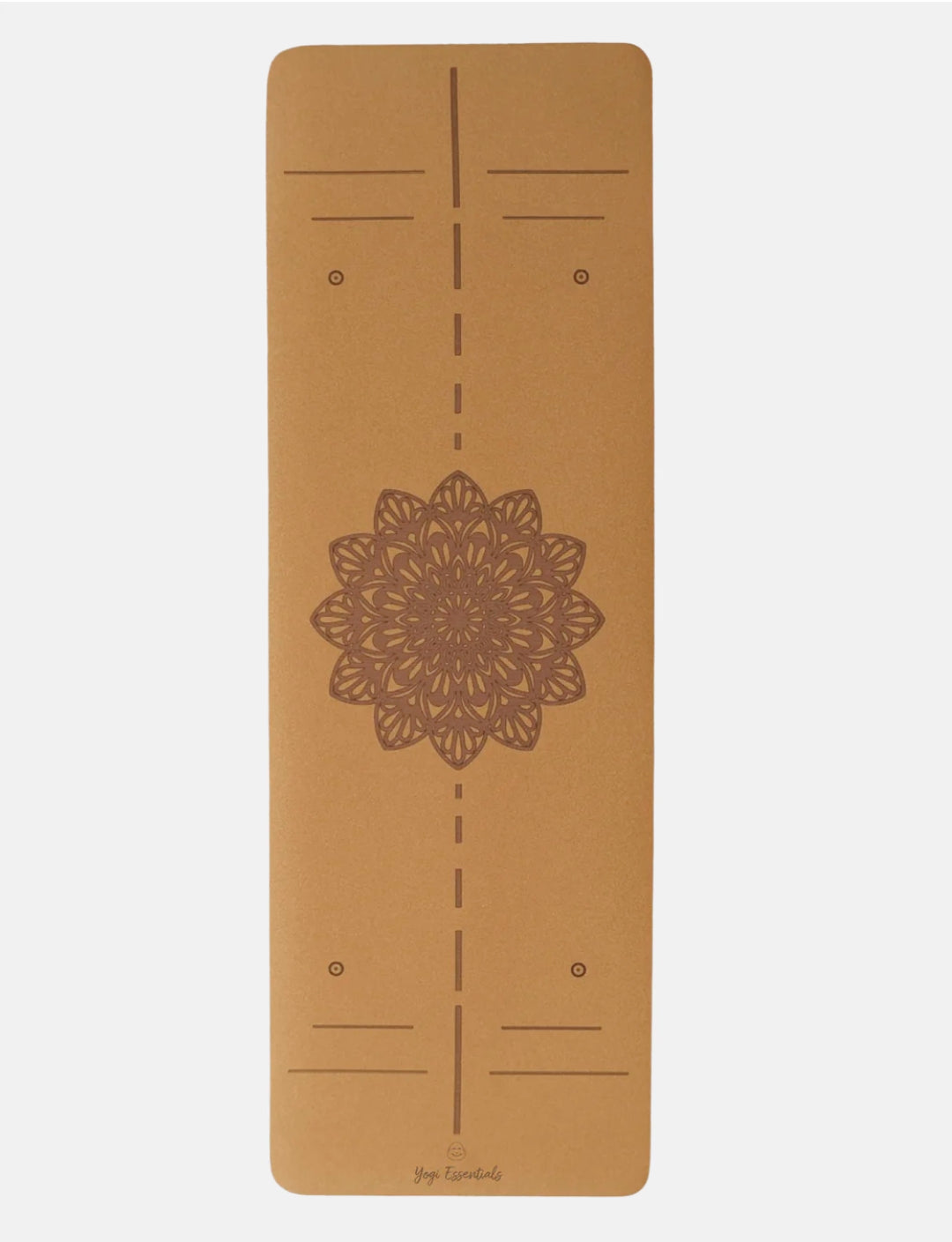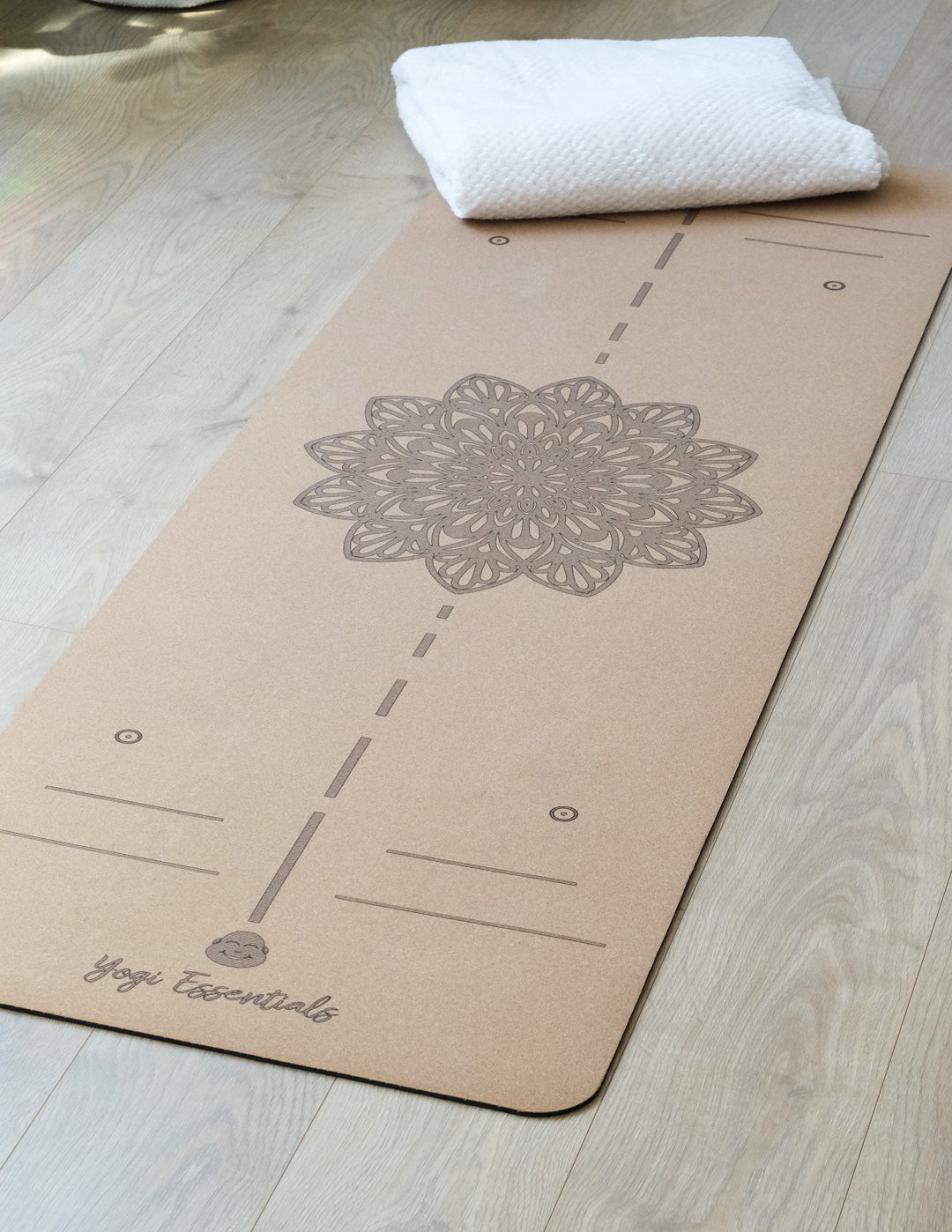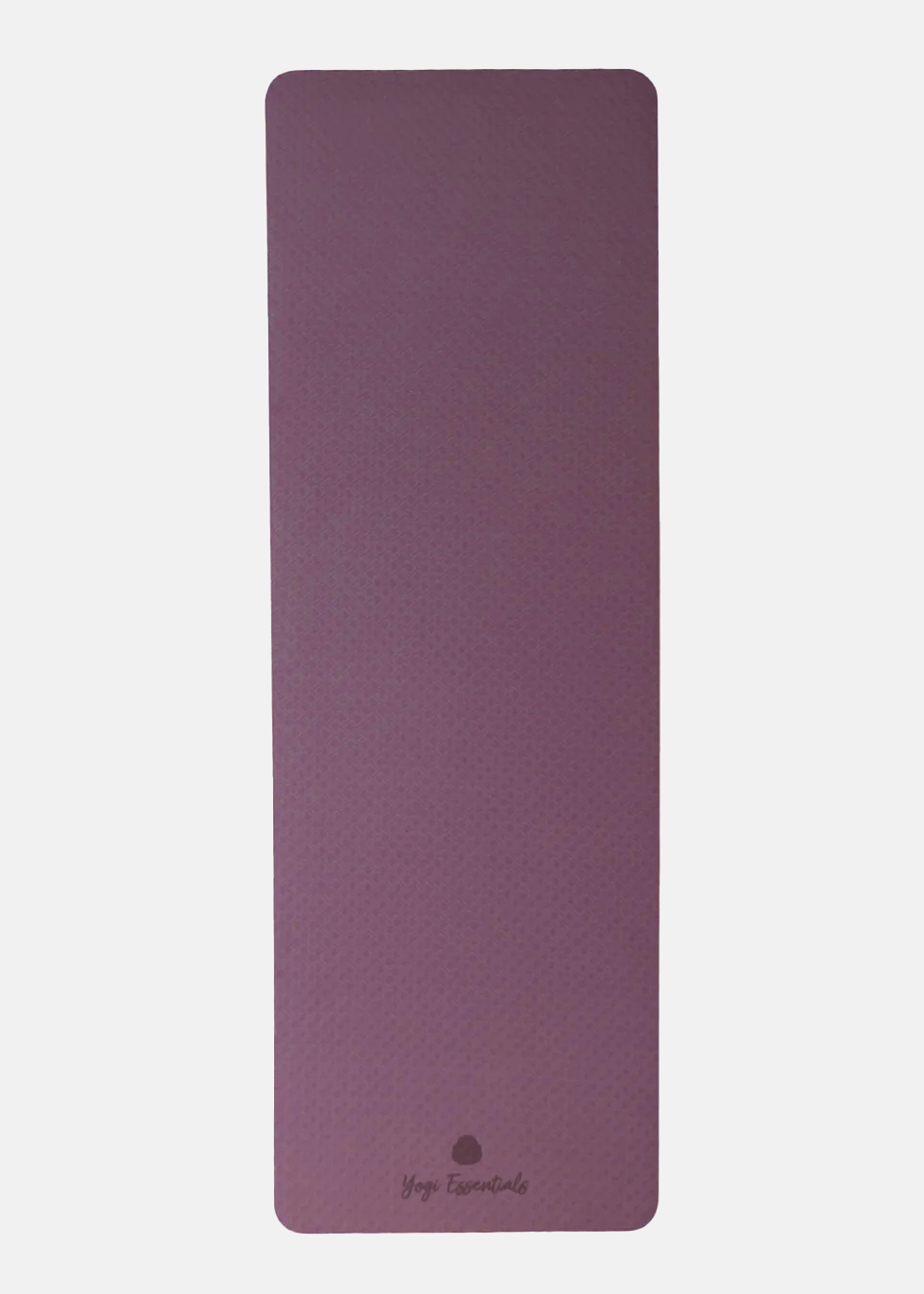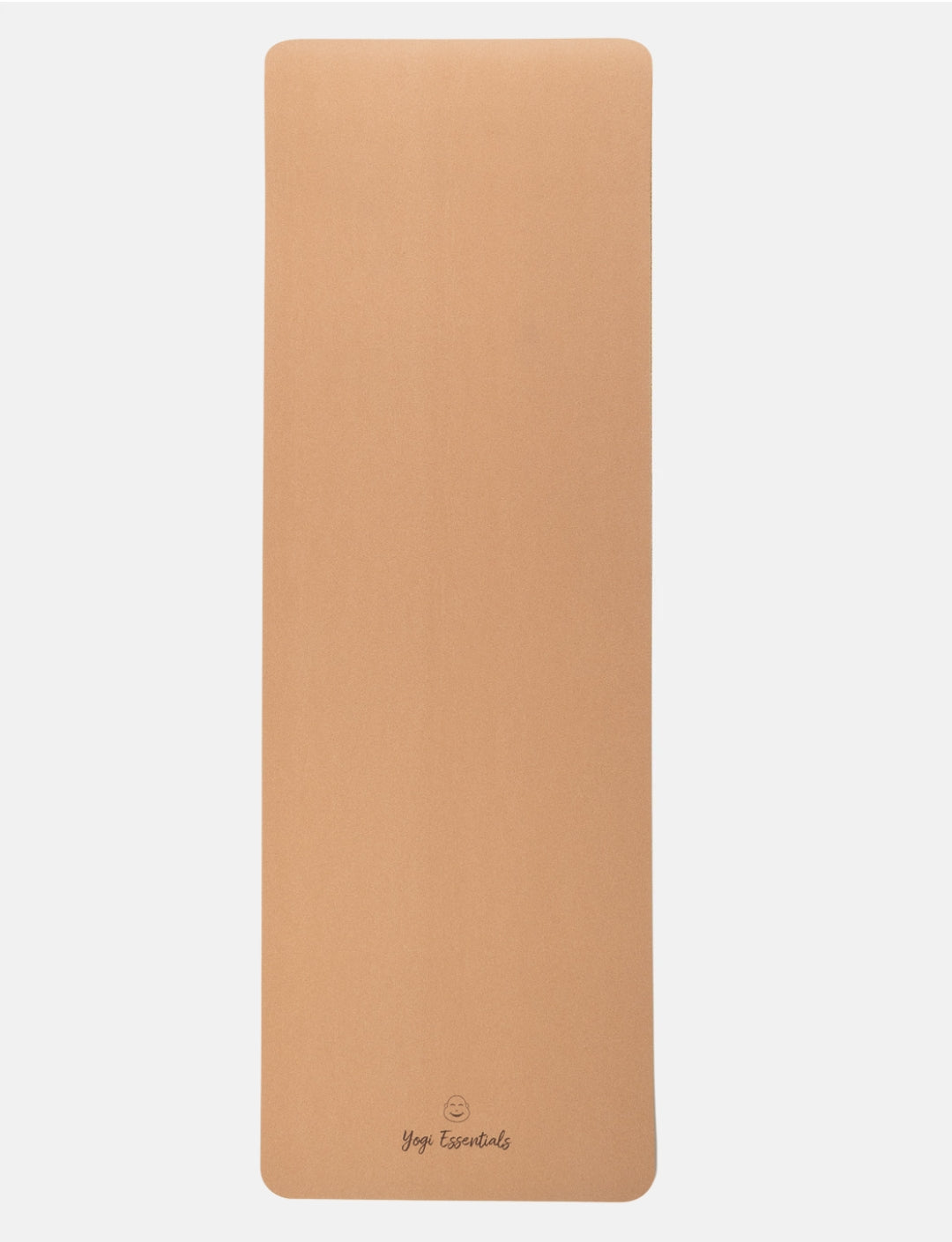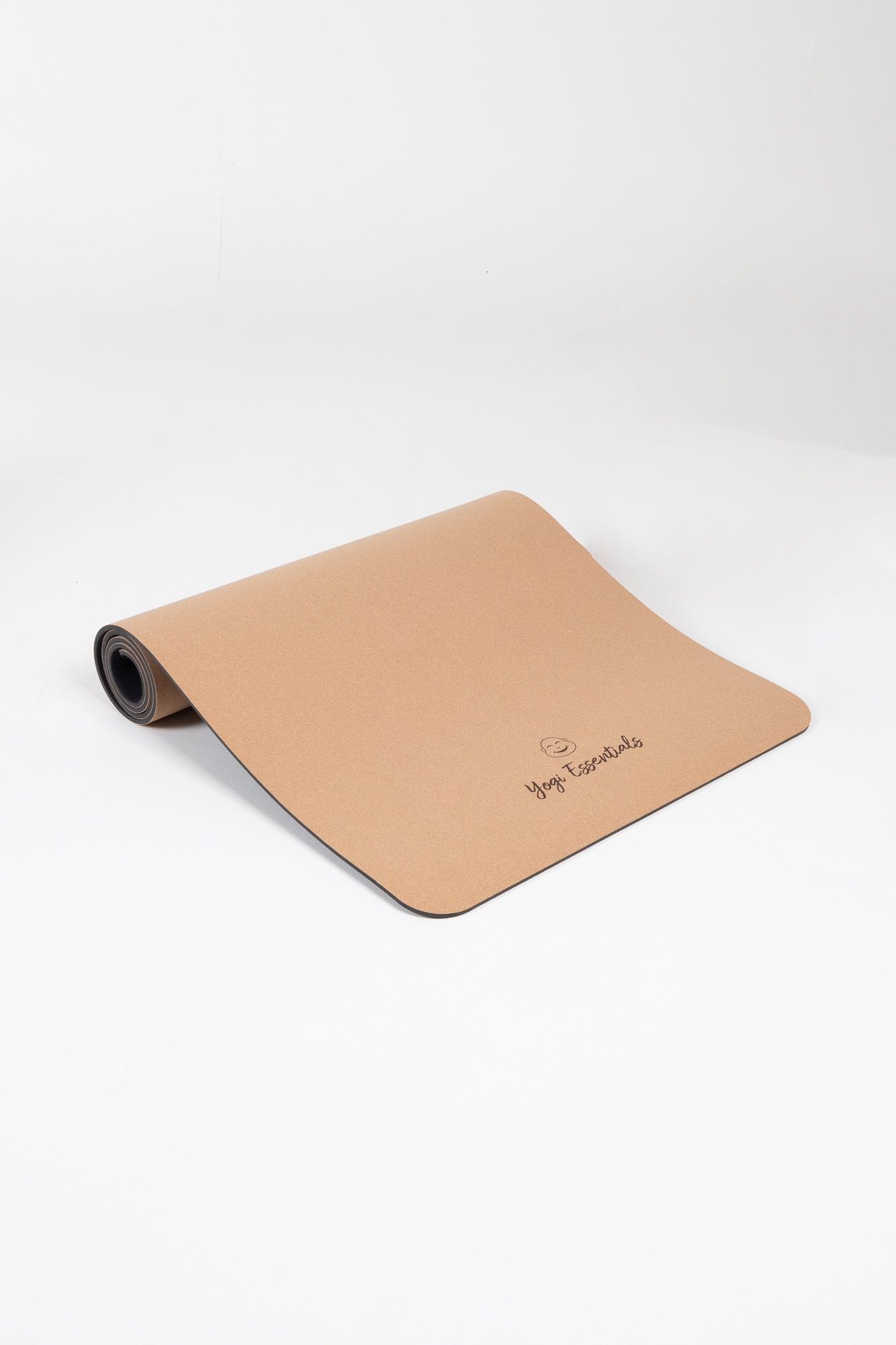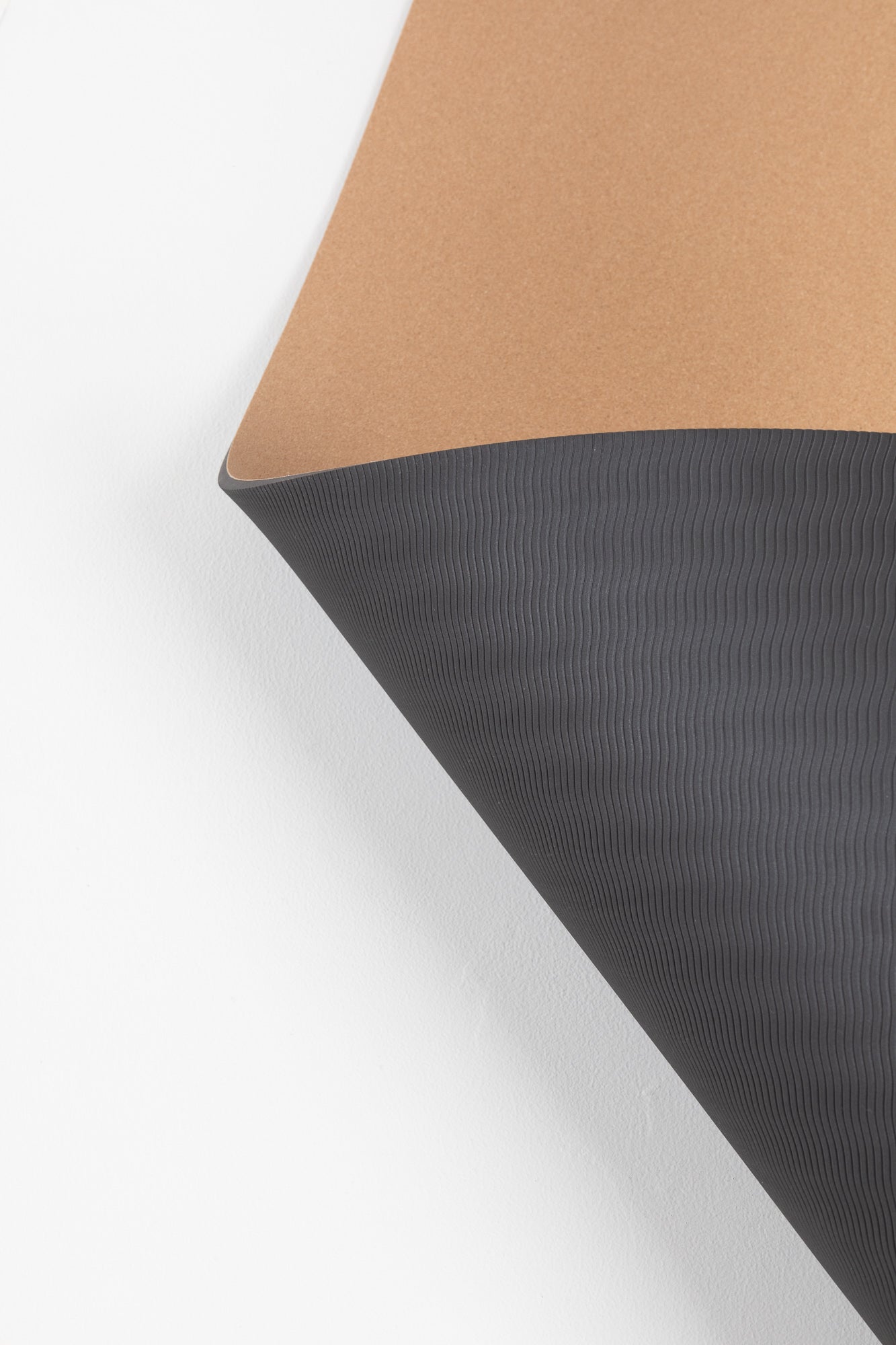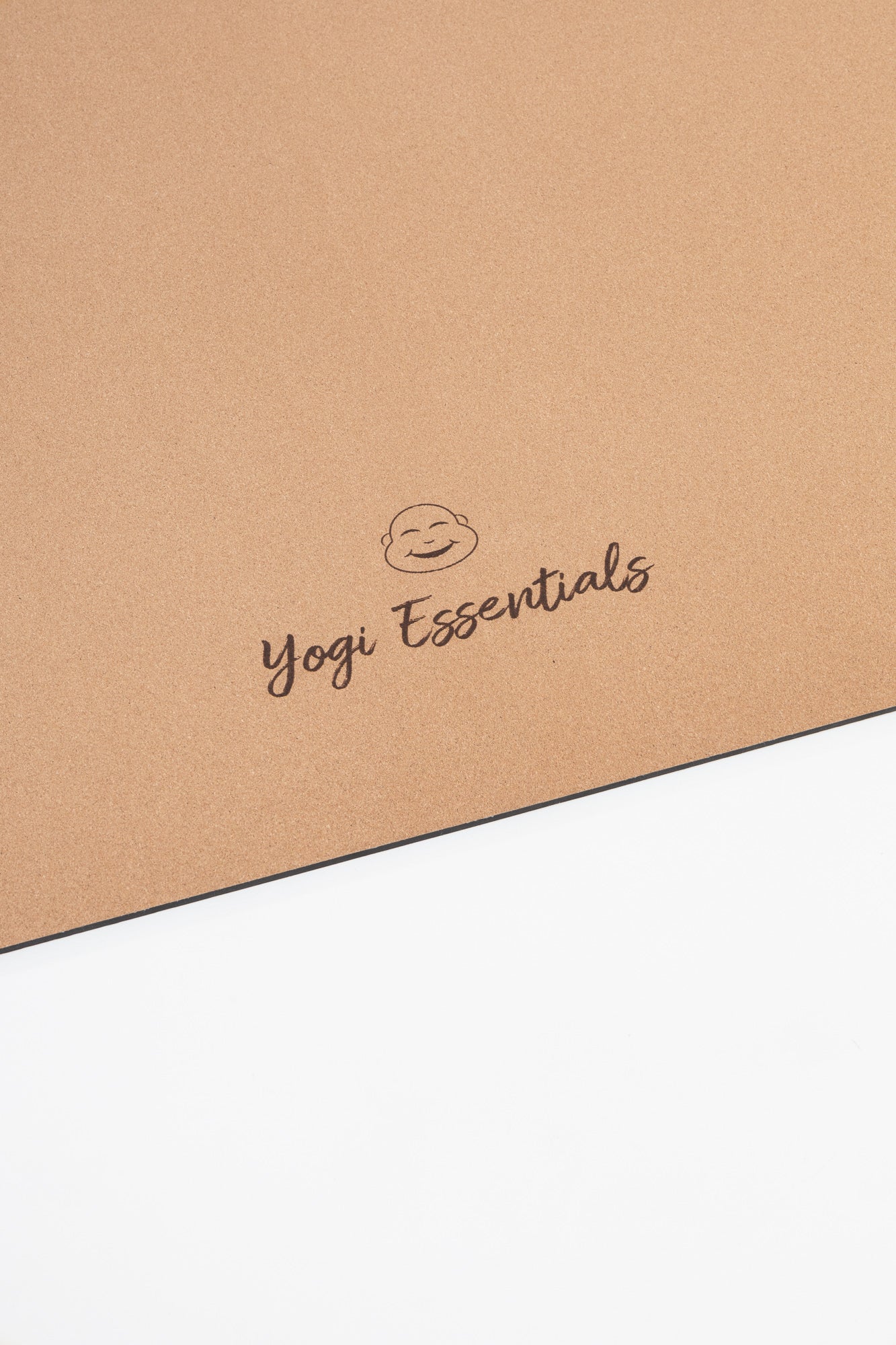Ontdek
Yin yoga mats
Filters
Sort Best selling
Yin yoga mats
Yin yoga is slow, calming, and deep. You hold poses for extended periods, often with minimal muscle strain, creating space for the connective tissue—and everything beneath it. Your breathing slows, your nervous system calms. In this stillness, comfort isn't a luxury, but a necessity.
A good yin yoga mat offers softness, stability, and a sense of security. You want to be able to fully land on it, without your body protesting against the surface. At Yogi Essentials, we've selected mats that do just that – supporting without being overpowering, and offering softness without sacrificing stability.
What yin yoga demands of your mat
In yin yoga, you typically hold poses for three to five minutes—sometimes longer. Your body sinks into a deep stretch, you move slowly, and your nervous system switches to relaxation. You're constantly in contact with the mat: your knees, hips, shoulders, ankles, or back.
This means that hard or uneven surfaces can quickly become irritating. A mat that's too thin lets you feel the wood or the cold floor. A mat that's too rough makes it harder to fully relax. What you need is softness—in touch and in appearance.
The perfect yin yoga mat invites surrender, as your body opens in silence.
TPE mats : soft, warm and inviting
A TPE yoga mat is an ideal base for yin yoga. The material is soft, slightly elastic, and provides a cushioning base that relieves pressure points. Your knees won't sink through, but they will still receive sufficient support. Your back won't feel the floor, but it also won't be pushed away by excessive spring.
TPE also feels pleasantly warm. This is helpful for long poses where your body opens up and relaxes. The mat invites you to linger, just like yin yoga.
An added benefit: TPE is lightweight, odorless, and easy to clean – convenient for those who regularly practice at home or on location.
Velvet mats : soft touch, deep rest
Want your mat to feel like a soft blanket? Then a velvet yoga mat is your perfect yin companion. This mat has a velvety-soft top layer that's exceptionally comfortable on skin contact. Whether you're touching your cheek in a twist, or lying with bare legs in butterfly pose, the mat feels pleasant, nurturing, and warm.
The velvet mat isn't designed for intense styles or heavy grip, but for peace, softness, and relaxation. For those moments when you want to completely sink in. It supports not only your body but also the atmosphere of your practice.
It's the mat you roll out when you feel you need to slow down. Not to achieve anything, but simply to be present.
Cork on TPE : natural comfort with stability
Some yogis prefer a little more support. For them, a cork-on-TPE mat is a suitable choice. Cork feels natural and soft, with a slightly rough surface that retains heat. Combined with the cushioning TPE backing, this mat offers both comfort and structure.
You'll lie a little more stable than on a velvet mat, but you'll still experience softness where it counts. Cork encourages grounding – it helps you sink in, but at the same time provides the feeling of firmness that some bodies need to let go.
Which mat is right for you?
Are you sensitive to touch and want an extra soft experience? Then choose a velvet mat. Do you practice a lot at home and want lightness, softness, and practicality? Then a TPE mat is your match. Looking for something natural that offers both cushioning and firmness? Then a cork-on-TPE mat is perfect for your practice.
All three offer what yin yoga requires: comfort, support and tranquility.
Mats that are less suitable for yin
Mats designed for grip, strength, and sweaty intensity—such as PU rubber mats or jute sticky mats—are often too firm or too "present" in yin yoga. They're fantastic for a power or vinyasa flow, but less conducive to surrender and relaxation.
With yin, you can give yourself the space to choose gentleness. Not because it's easier, but because it actually requires courage to be still and feel what's there.



